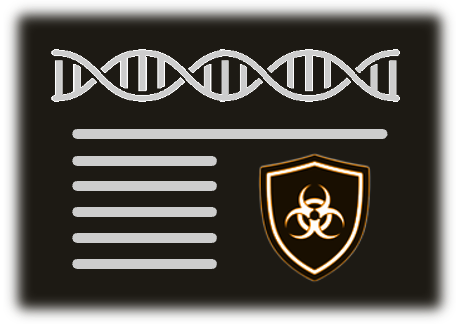
Fourth Eon Bio is a research and development organization exploring applications and risks of biological AI models to advance global biosecurity and build more robust safeguards.

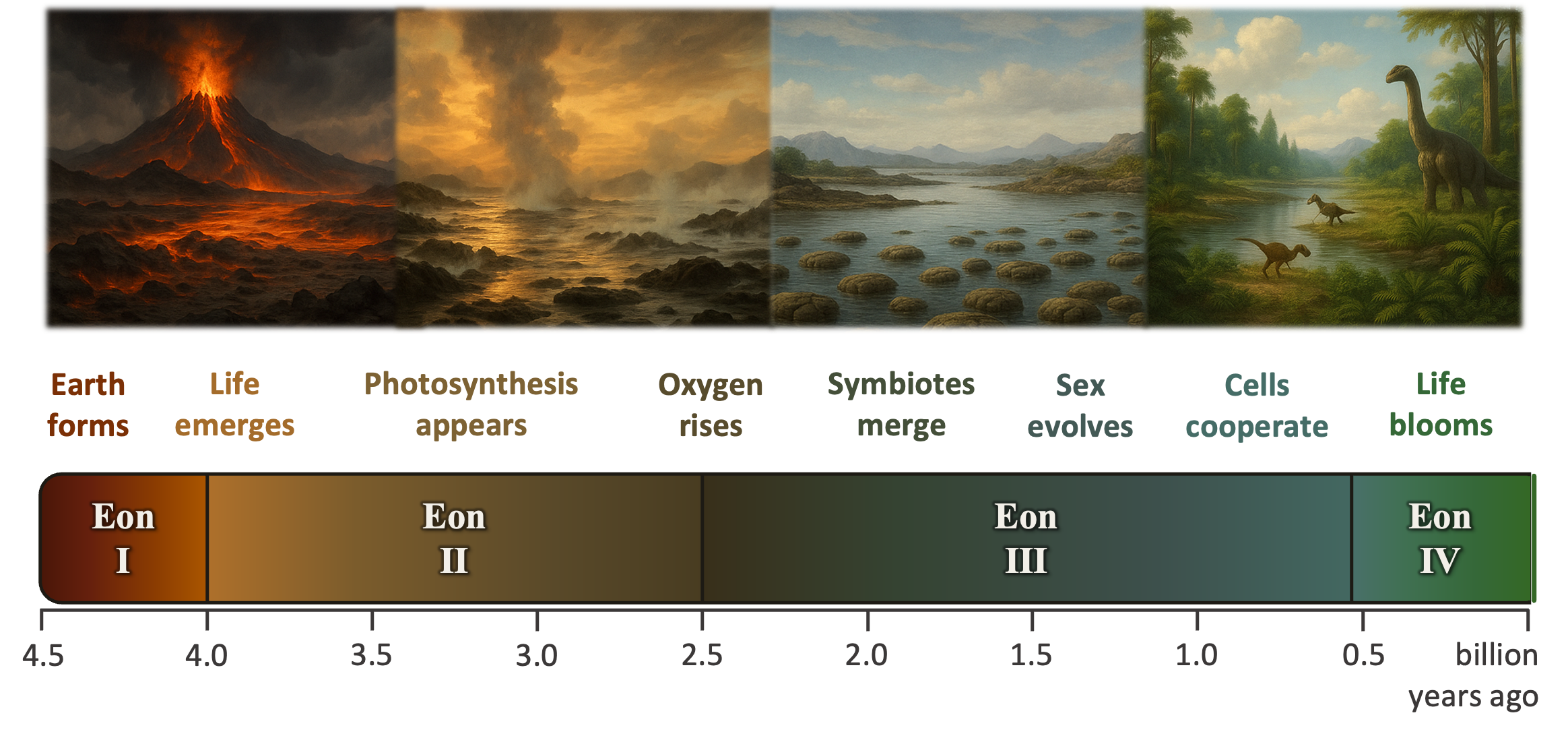
Earth's history is divided into four eons.
In the first eon the planet was a barren wasteland, slowly forged from fire and stone. The second eon witnessed life's origin, the animation of matter. The third eon brought a great oxygenation event that drove the evolution of eukaryotes and multicellular life. The fourth eon began just half a billion years ago, and birthed an explosion of biological complexity that has completely reshaped the biosphere.
This is our eon, the fourth eon, the age of intelligence and awareness. We are the product of four billion years of biological innovation, of nature relentlessly solving problems to survive and adapt. We are still young, having just recently awoken. Yet we already face an existential test, as our technology poses growing risks to our own survival.
Will we thrive and expand beyond our home and throughout the stars? Or will we stumble and fade back into dust?
This is our eon, and our time to adapt, persist, and explore...


Fourth Eon Bio is a research and development organization exploring applications and risks of biological AI models to advance global biosecurity and build more robust safeguards.

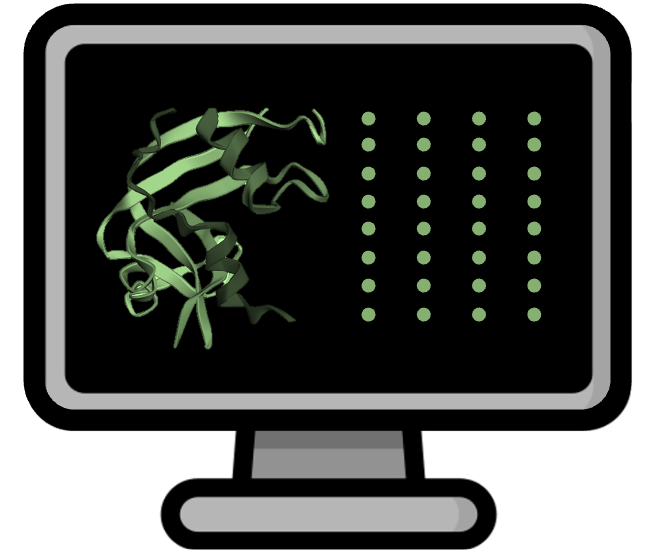
Exploring the limits of AI protein design
Biological foundation models and biodesign tools are transforming our ability to create novel proteins and pushing the boundaries of synthetic biology. They also pose new challenges for biosecurity due to the potential for engineering dangerous functions.
Fourth Eon Bio is evaluating AI-enabled protein design in the context of biosecurity screening, and seeking to understand the capabilities of current models in generating novel proteins that could challenge existing safeguards.
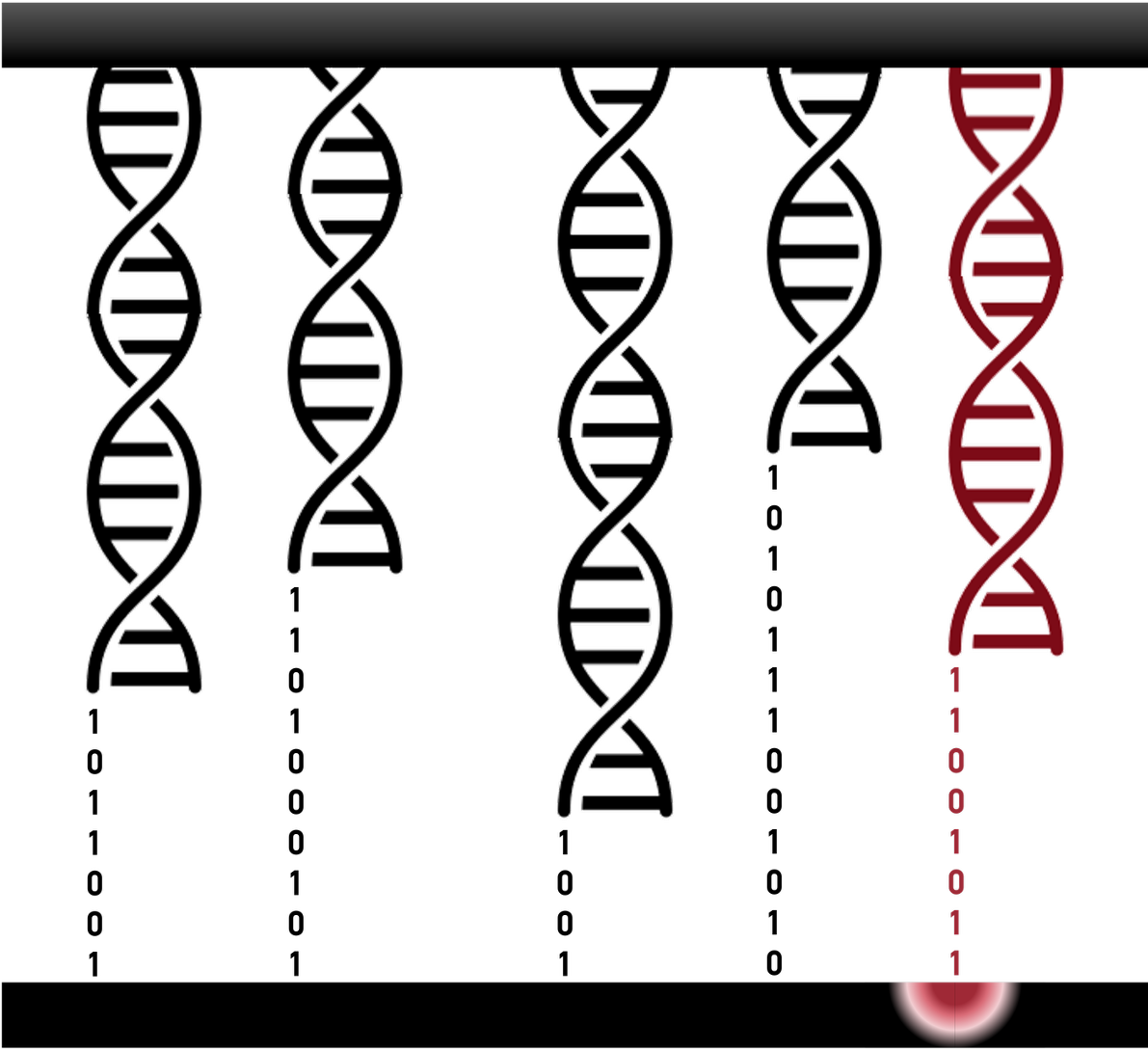
Predicting hazardous function from sequence
DNA sequences encode a highly compressed representation of biological function, which is executed by the cellular environment through the processes of molecular biology. Screening sequences for hazardous functions has traditionally relied on homology to known genes and proteins, but this approach is being strained as synthetic biology pushes beyond the space explored by nature.
Biological foundation models can learn a rich and nuanced representation of biomolecules by mapping their sequence-structure-function relationships to a high-dimensional embedding space. Fourth Eon Bio is evaluating foundation model capabilities for predicting function directly from sequence, and exploring how this could be used for detecting biological threats that do not closely resemble anything found in nature.

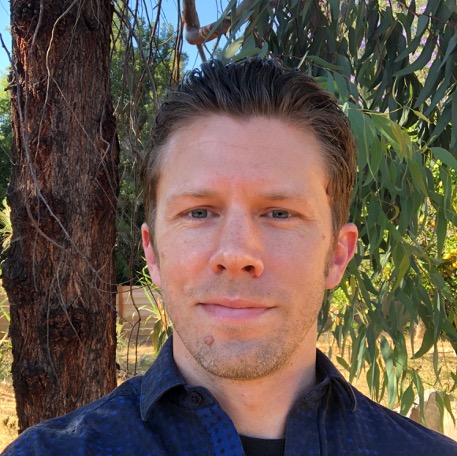
Gary Abel is founder and Principal Scientist at Fourth Eon Bio.
His expertise spans biochemistry, molecular biophysics, and sequencing technology. He has spent the last sixteen years studying how DNA, RNA, and proteins behave and interact.
Gary holds a BS in Physics from San Jose State University and a PhD in Chemistry & Chemical Biology from UC Merced.